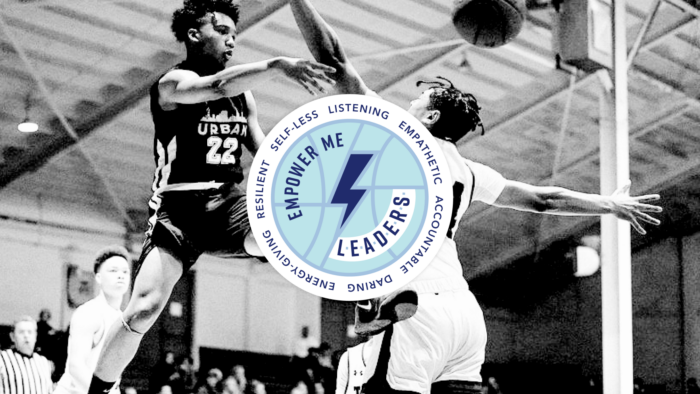In a world where we expect immediate engagements, results, and responses, we sometimes need to step back and remember not everything comes ready from the package.
Leaders are one of them.
Leadership is a skill set that people learn over time and is best introduced from a young age. A child’s early years are the ones that build the foundation for their learning and development journey. Nurturing these meaningful concepts will progressively shape them into their best version.
But what makes a good leader, and how can parents start presenting these ideas into their kids’ lives?
At EMA, we break leadership down into seven skills:
Listening
Leaders can only lead people who trust them, creating a space for everyone to be heard and feel valued. As a parent, you can nurture this skill by teaching your child to ask questions first and share their thoughts second. The best way to do so is by modeling it yourself. This can help kids develop a complete view of the world and grow as leaders in other areas of their life.
Empathy
Leaders need to be willing to put themselves in the shoes of their peers. Start by talking to your child about their actions’ effect on the people around them. This is a tricky concept for kids to learn on their own, so guiding them in the right direction early on is crucial to helping them become more empathetic in the long run.
Accountability
Everyone makes mistakes. What sets leaders apart is the willingness to admit what they did wrong and how they will do better in the future. Beyond that, accountable leaders work to ensure their actions align with their words. Talking to your child about taking a gentle but honest look at the decisions they make equips them to learn from their errors and hold themselves to a higher standard in the future.
Daring
It seems counterintuitive, but leaders who make the most mistakes often grow the fastest. Failure gives people a precious opportunity for development. Encouraging your child to embrace risks, challenges, and the unfamiliar with enthusiasm shows them the importance of pushing past their comfort zone for improvement.
Energy-Giving
The best leaders spend more time encouraging than critiquing. These kinds of “energy-giving” individuals are positive, lift people and offer them the confidence to do even better. To help your kid become an energy giver, start by modeling giving them energy each day by always pointing out what they do right before you mention what they did wrong, and inspire them to do the same for others.
Resilient
Resilience goes hand in hand with being accountable and daring. As challenges and obstacles arise, leaders serve as role models. Resilience takes optimism, and it requires a lot of practice. Present your child with the possibility of taking a positive outlook when something goes wrong or being flexible when the situation is not ideal. As we all know, it’s one of the most important skills to thrive as an adult.
Selfless
Leaders are responsible for those who look up to them, so putting others before themselves is essential. Selflessness is the action behind empathy, which keeps a team together. There are a lot of difficult decisions in leadership, so educating your child to put others’ needs before their own will give them the skills to rise to the occasion when they need to.
Teaching leadership skills and learning about them takes time, persistence, and patience, but it doesn’t need to be overly complicated or become a chore.
As a parent, ensure you are also learning new things, developing yourself, and enjoying a purposeful journey alongside your child.





 Gift Now
Gift Now